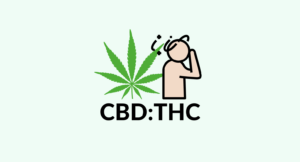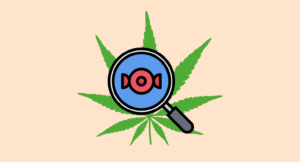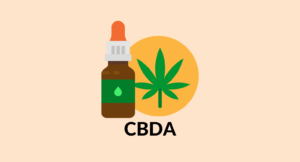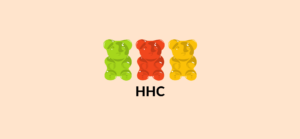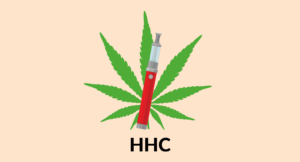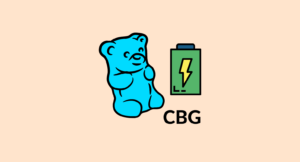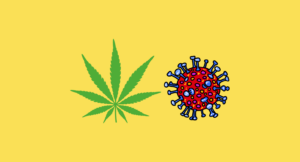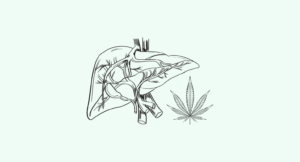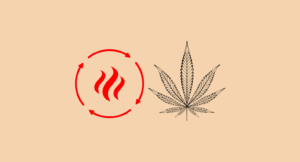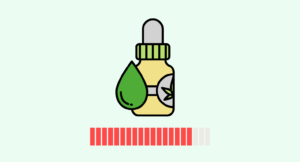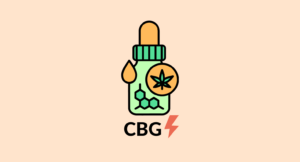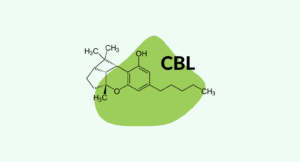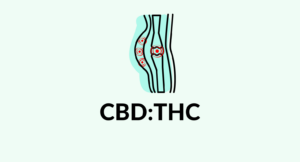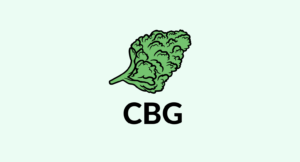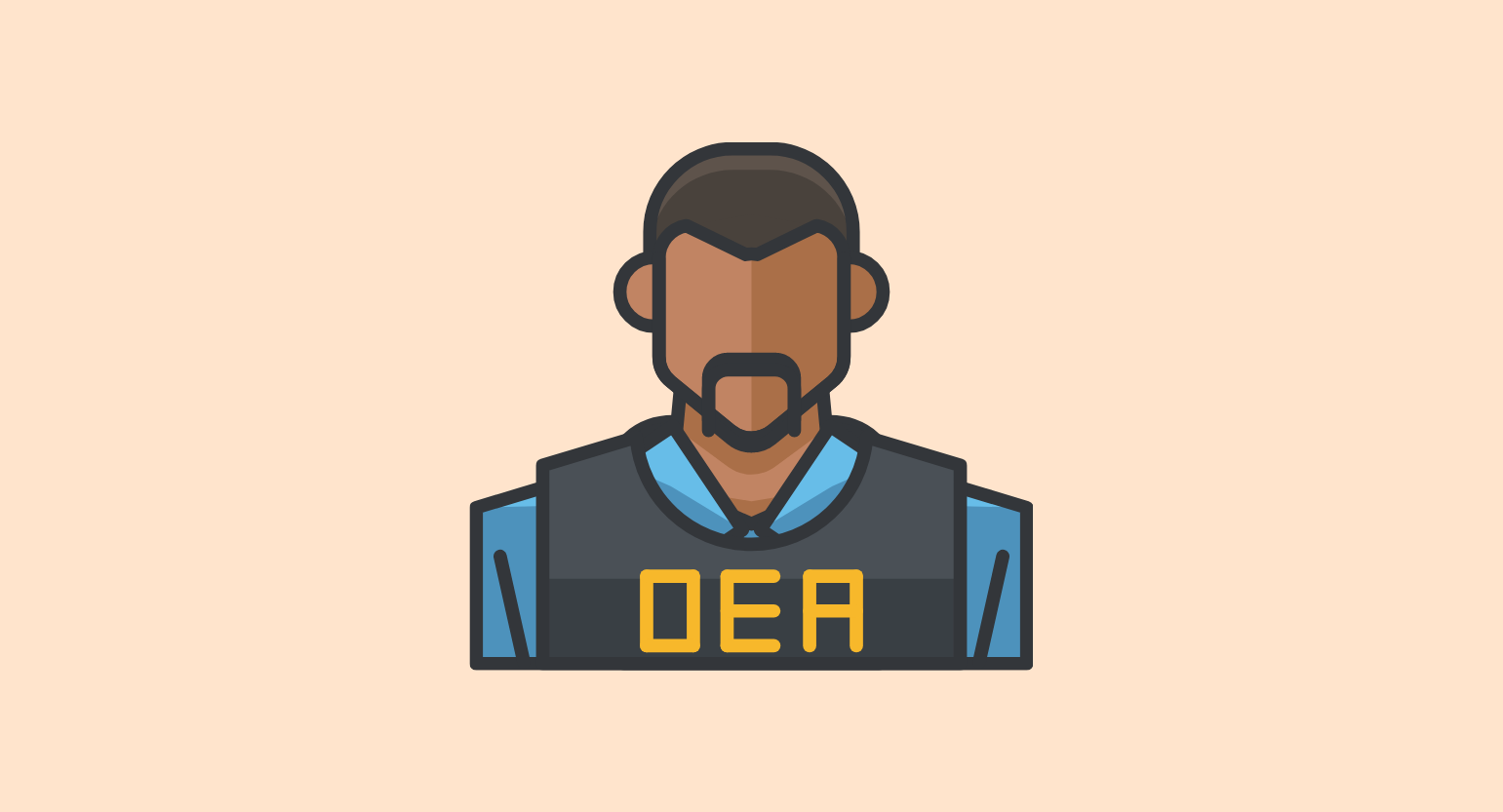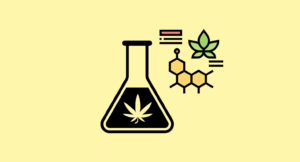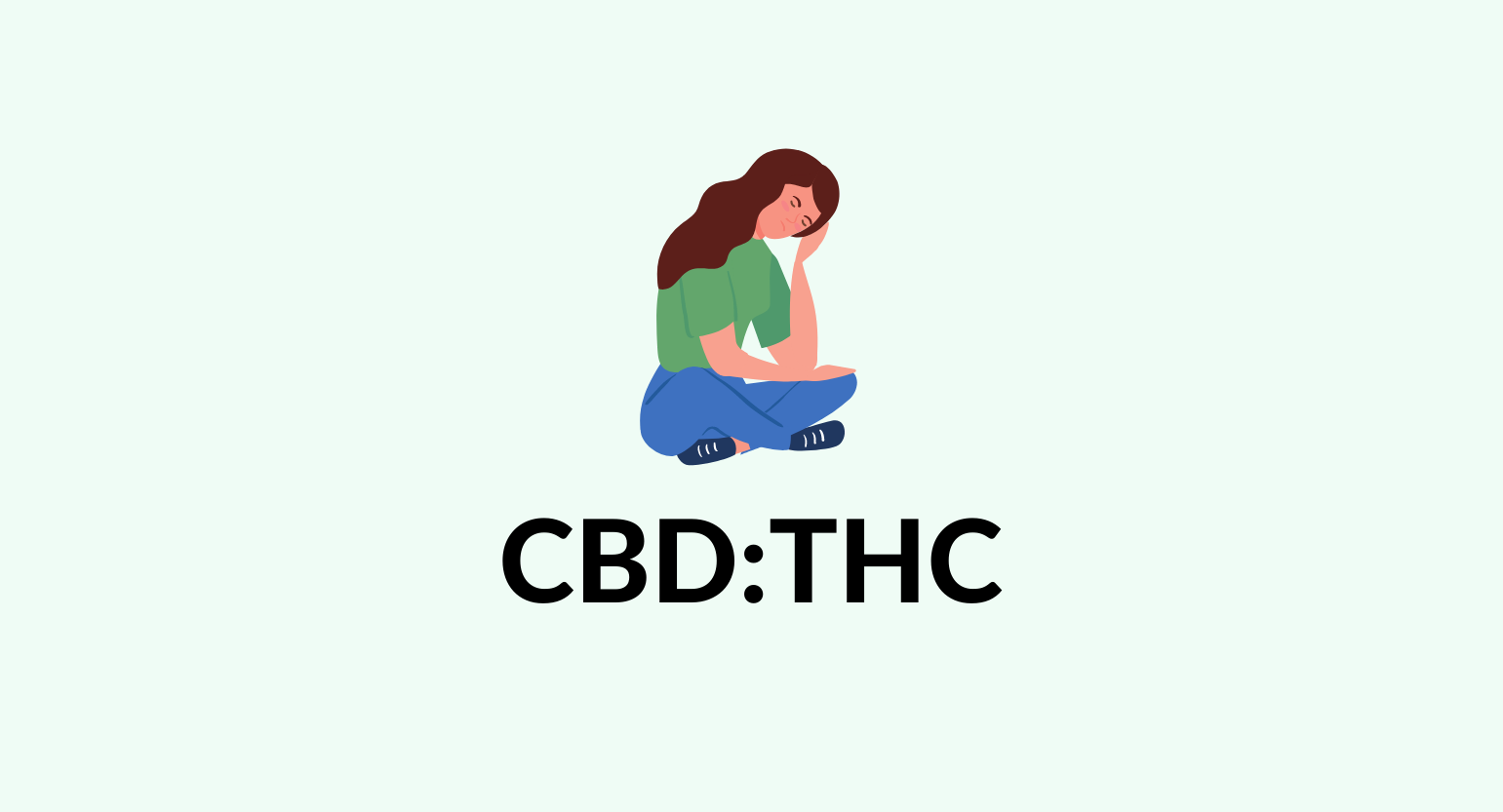
Evidence based
Best CBD:THC Ratio for Anxiety
Everything you need to know about CBD:THC ratios for anxiety.
The cannabinoids cannabidiol (CBD) and delta 9 tetrahydrocannabinol (THC) work together to offer anxiety relief and improved sleep.
Anxiety can be treated with a range of medications, most commonly selective serotonin reuptake inhibitors (SSRIs) and benzodiazepines.
CBD and THC work well as alternatives with fewer side effects, or they can be used to remedy the side effects of these medications. Both CBD and THC can be used to treat anxiety disorders on their own, but research shows they work even better together.
The best CBD:THC ratio for anxiety is 1:1, with one or more parts CBD to each part THC.
Here’s everything you need to know about the best CBD:THC ratio for anxiety.
What is Anxiety?
Even if you don’t have an anxiety disorder, you might experience anxiety from time to time.
Anxiety is the feeling of excessive worry, which becomes a medical condition when it impacts several aspects of your life, such as work, relationships, and physical health.
Some symptoms of anxiety include:
- Elevated heart rate
- Excessive sweating
- Shaking or tremors
- Nausea
- Vomiting
- Panic attacks
- Trouble breathing
- Emotional distress
- Tinnitus
- Change in appetite
- Poor sleep
- Paranoia
Anxiety disorders range from a generalized anxiety disorder, which refers to considerable worry and stress about many things, to more specific anxieties, such as social anxiety or agoraphobia.
Some people are born with or predisposed to anxiety disorders, while others develop them due to sustained threats to safety, comfort, or basic needs.
Some anxiety disorders are caused by disrupted communication within the brain, while others are borne out of dysregulation of the nervous system. Anxiety can also come from an endocannabinoid deficiency or DNA methylation in the prefrontal cortex.
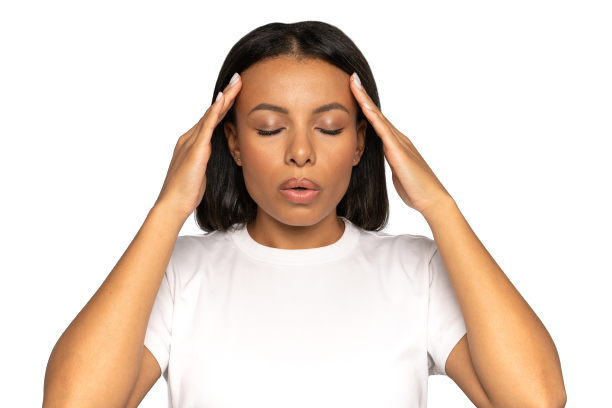
Benefits of CBD & THC For Anxiety
CBD and THC have both been widely studied as treatments for anxiety and related illnesses.
Whether you take them together or separately, CBD and THC may provide anxiety relief as well as relief for anxiety-related symptoms, specifically poor sleep, nausea, and loss of appetite.
CBD may work for anxiety in a few different ways. For instance, CBD modulates DNA methylation in the prefrontal cortex — one of the potential causes of anxiety [1].
CBD interacts with the GABA receptors, which are responsible for the body’s experience of stress or anxiety. GABA activity promotes feelings of calm, and cannabinoids promote that activity.
THC and CBD also interact with the CB1 and CB2 receptors to both inhibit stress response and lower the psychoactive effects of CBD when taken together [2]. Both cannabinoids work to calm the muscles and nerves, offering physical relaxation for anxiety sufferers who find themselves clenching their teeth or tensing their muscles.
Some people with anxiety experience poor sleep, trouble falling asleep, or disruptive nightmares. CBD and THC may lower the experience of anxiety while sleeping and can also make it easier to get to sleep (and stay asleep through the night) [3].
THC may also work to boost appetite, which can be helpful for anxiety sufferers who lose interest in food when they’re feeling anxious.
The Benefits of THC and CBD For Anxiety Include:
- Lessened anxiety symptoms
- Relaxed muscles
- Lowered inflammation in the brain
- Improved sleep
- Boosted appetite
- Lowered psychological effects of THC
Will CBD & THC Interact With My Anxiety Medications?
Anxiety is often treated with medications that interact with serotonin and norepinephrine receptors.
CBD and THC also provide an increase in serotonin levels, but it’s important to make sure you don’t have too much serotonin.
Make sure to always ask your doctor about interactions with any other medications you take to treat your anxiety, especially antidepressants.
CBD & THC Ratio for Anxiety: What Dose Should I Take?
The best CBD:THC ratio for anxiety is 1:1, meaning equal parts CBD and THC.
If you feel anxious after taking THC on its own, pairing it with CBD can help reduce the psychoactive impacts of THC. A ratio higher in CBD may be better for anxiety patients who want the relaxation of weed while also enjoying the benefits of CBD.
Our simple CBD dosage calculator is a great way to figure out your ideal dose after determining the ratio you want.
CBD and THC gummies and oils can be used for ratios because you can easily cut the gummies or measure the oil. You can also buy CBD:THC ratio products that are already mixed for you at dispensaries or online.
Other CBD:THC Ratios
The best ratio of CBD to THC is a hot topic lately. While we already have a lot of data available for the benefits of both these cannabinoids for certain conditions — there’s very little information about what the optimal ratio of each one is when used in conjunction.
As more research comes to light on the intricate synergy between these two compounds, scientists are uncovering insight into ways we can get even more effectiveness out of cannabis.
Here are some of the other optimal CBD to THC ratios based on the current evidence so far:
- Best CBD:THC Ratio for Multiple Sclerosis — 1:1
- Best CBD:THC Ratio for Pain — 1:10
- Best CBD:THC Ratio for Arthritis — 1:1
- Best CBD:THC Ratio for Neuropathy — 1:1
- Best CBD:THC Ratio for Fibromyalgia — 1:1, 2:1, or 3:1
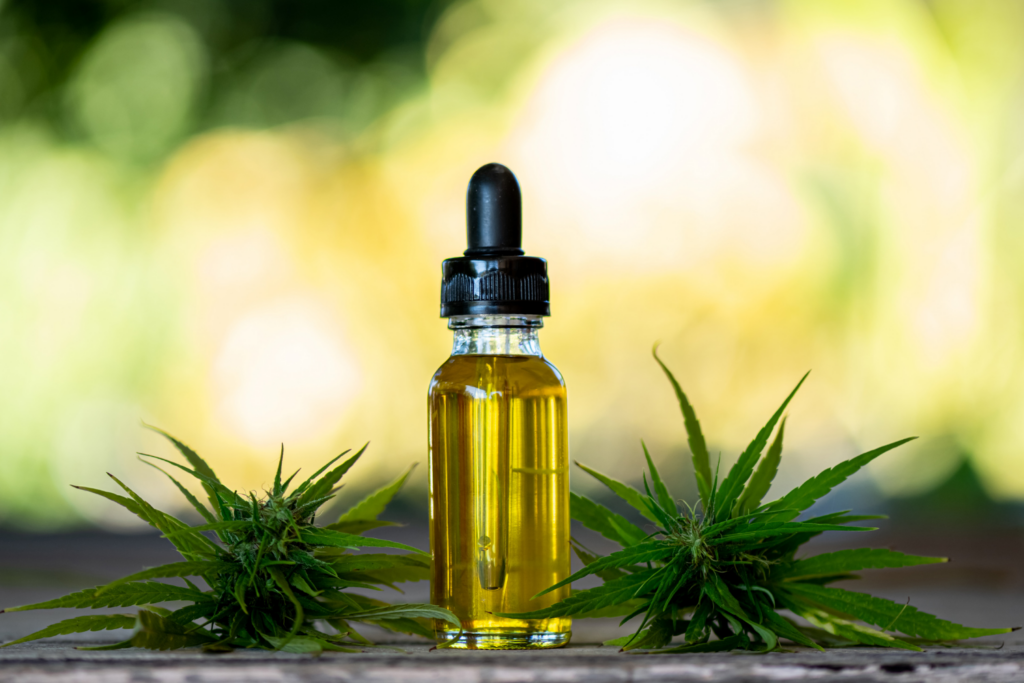
Final Thoughts: Best CBD:THC Ratio For Anxiety
The best CBD:THC ratio for anxiety is 1:1, with equal or more parts CBD to every one part THC.
Both THC and CBD can help manage anxiety and its uncomfortable symptoms. Used together, you can harness the power of both compounds, increase their efficacy, and lessen the psychological effects of THC.
Pharmaceutical medications that include both CBD and THC are easily accessible if you’re a medical marijuana patient. Otherwise, you can find these ratio products at your local dispensary or make your own by measuring your CBD and THC doses at home.
References
- Sales, A. J., Guimarães, F. S., & Joca, S. R. (2020). CBD modulates DNA methylation in the prefrontal cortex and hippocampus of mice exposed to forced swim. Behavioural brain research, 388, 112627.
- Boggs, D. L., Nguyen, J. D., Morgenson, D., Taffe, M. A., & Ranganathan, M. (2018). Clinical and preclinical evidence for functional interactions of cannabidiol and Δ 9-tetrahydrocannabinol. Neuropsychopharmacology, 43(1), 142-154.
- Lafaye, G., Karila, L., Blecha, L., & Benyamina, A. (2017). Cannabis, cannabinoids, and health. Dialogues in clinical neuroscience, 19(3), 309.
